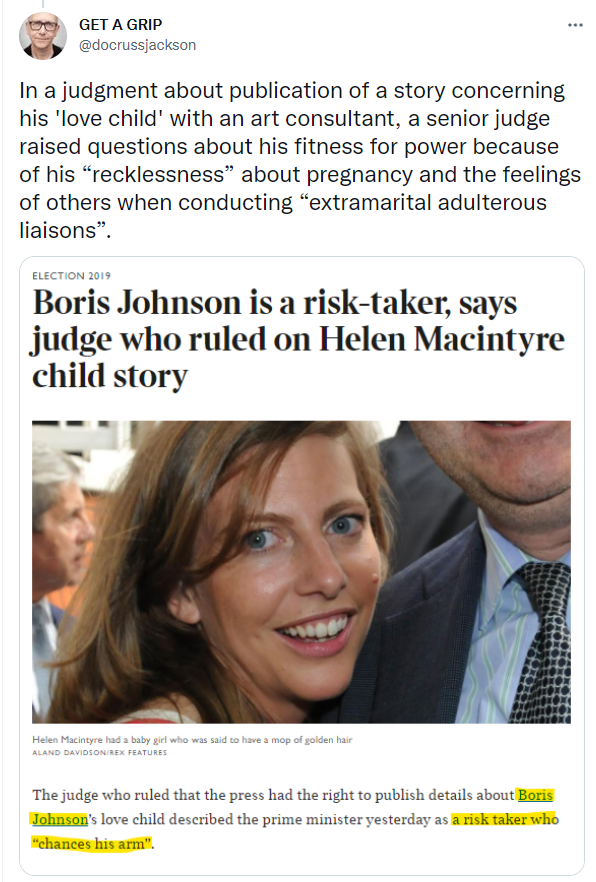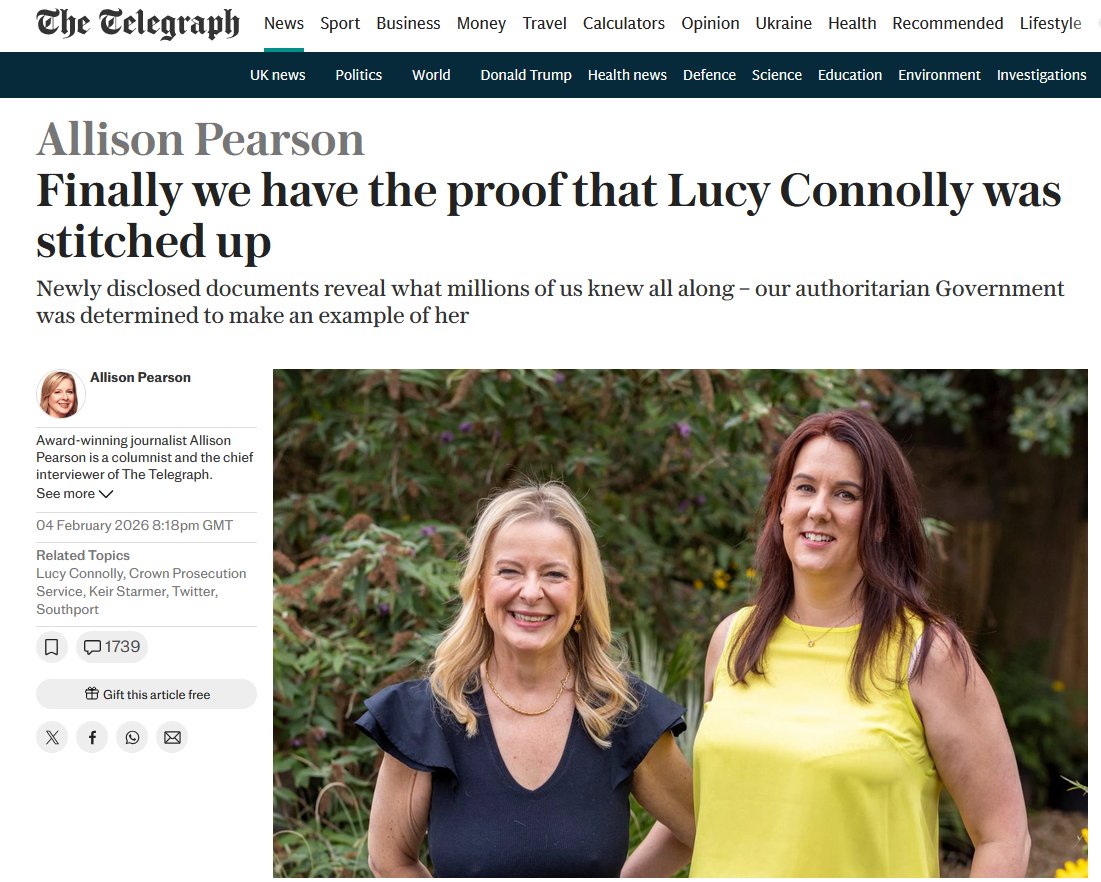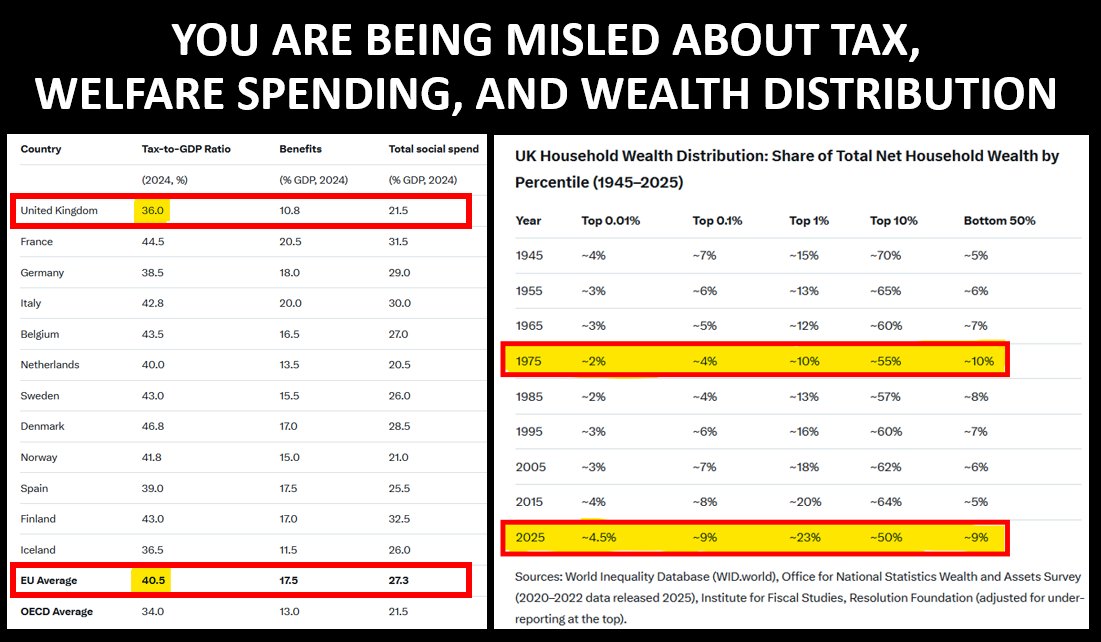#THREAD on #ToryLies.
Over the last week, Priti Patel lied about funding to tackle domestic violence, Gillian Keegan lied about Randox, Sajid Javid lied about Govt promises, Matt Hancock lied about #NHS contracts, & Boris Johnson lies all the time.
What kind of liars are they?



Over the last week, Priti Patel lied about funding to tackle domestic violence, Gillian Keegan lied about Randox, Sajid Javid lied about Govt promises, Matt Hancock lied about #NHS contracts, & Boris Johnson lies all the time.
What kind of liars are they?




This #THREAD quotes extensively from, & is based on, an article from US based "online relationship therapy platform" 'Regain' - which imho is appropriate, given the long history of Boris Johnson's affairs & failed relationships.
regain.us/advice/infidel…


regain.us/advice/infidel…



Defining what it means to lie & how bad it is, can be challenging: it involves questions of intent & expectation.
Clearly, when someone deliberately gives a false or misleading statement or answer to a question, this is lying, & it's a big problem - *especially* in politics.
Clearly, when someone deliberately gives a false or misleading statement or answer to a question, this is lying, & it's a big problem - *especially* in politics.

There are lots of different sorts of liar: sociopathic liars, pathological liars, compulsive liars, occasional liars, careless liars, narcissistic liars, habitual liars, pathetic liars, & white liars.
Some may be due to an underlying condition, but some are just pure lying.
Some may be due to an underlying condition, but some are just pure lying.

Pathological liars, for example, are overcome by a need to lie about matters regardless of how big or small they are. They also often cannot control this urge. Compulsive liars, pathological liars, & narcissistic liars are similar in this regard & may well be "successful" people.
Motivations for lying are important.
Some people lie out of fear or discomfort, to avoid awkward or difficult moments or face the consequences of their actions.
Some people lie because they enjoy the sense of control it gives them - they may even relish manipulating others.
Some people lie out of fear or discomfort, to avoid awkward or difficult moments or face the consequences of their actions.
Some people lie because they enjoy the sense of control it gives them - they may even relish manipulating others.
Sometimes people lie purely out of habit - they're so used to covering up mistakes & avoiding difficult situations with dishonesty, they don't know how not to.
People who lie out of habit may have started lying as a youngster out of fear, or to avoid discomfort.
People who lie out of habit may have started lying as a youngster out of fear, or to avoid discomfort.

Impulsive liars are everyday liars: saying you ate one biscuit when you ate two, or exaggerating a project's success - these lies are often impulsive, motivated by feeling better about ourselves, being seen as better by our peers, or avoiding admitting things we aren't proud of. 

Many politicians lie to cover up some facts or alter the intensity of relevant information, as it benefits them.
Because of the human tendency to not notice gradual change, occasional impulsive lies can lead to regular compulsive lying, & can be hard to see until it's too late.


Because of the human tendency to not notice gradual change, occasional impulsive lies can lead to regular compulsive lying, & can be hard to see until it's too late.



For the people in this category, this behavior can manifest as saying whatever they need to keep the conversation going or maintain their self-esteem.
This type of lying often has inconsistencies because the dishonest person is not careful; they're just lying out of habit.
This type of lying often has inconsistencies because the dishonest person is not careful; they're just lying out of habit.
Pathological lying is compulsive lying to the extreme - it's safe to assume that just about everything that comes out of their mouth is questionable.
It can be difficult to know for sure because without ways to check their statements, you can't be sure what's going on.
It can be difficult to know for sure because without ways to check their statements, you can't be sure what's going on.

Sociopathic liars are scary: while sociopaths are not completely amoral, they have a level of detachment that makes dishonesty more likely & harder to change.
Sociopathic liars tend to lie towards specific objectives, & lie simply as a means to an end.
Sociopathic liars tend to lie towards specific objectives, & lie simply as a means to an end.

You can sometimes spot sociopathic liar by watching their behavior when their dishonesty is called out.
Unlike most compulsive or pathological liars, when they are caught out as dishonest, they are capable of shrugging & simply moving on to the next "victim."
Unlike most compulsive or pathological liars, when they are caught out as dishonest, they are capable of shrugging & simply moving on to the next "victim."

The most extreme, rare & dangerous liar is the psychopathic liar.
Sometimes associated with pathological lying, the difference lies in the associated emotions & overall application: if someone is lying all the time, is it habitual, do they really not feel anything, or both?
Sometimes associated with pathological lying, the difference lies in the associated emotions & overall application: if someone is lying all the time, is it habitual, do they really not feel anything, or both?
Like sociopaths, psychopaths view other people as a means to an end, have no attachment to anything called the truth, & are unconcerned about being caught.
They exhibit a high degree of selfishness, an inability to plan for the future, & even violent responses when challenged.
They exhibit a high degree of selfishness, an inability to plan for the future, & even violent responses when challenged.

When we find we've been lied to, it's natural to become upset or angry, & lash out at the person responsible.
However, justified as this may be, it can be counter-productive towards the goal of getting them to stop lying.
Simply challenging lies, on its own, is insufficient
However, justified as this may be, it can be counter-productive towards the goal of getting them to stop lying.
Simply challenging lies, on its own, is insufficient
While definitions of what counts as problematic lying vary, we can be sympathetic to others' motivations, while being honest about what we can tolerate.
Someone may be lying because it's how they were raised, but we should make it clear it's unacceptable or even intolerable.
Someone may be lying because it's how they were raised, but we should make it clear it's unacceptable or even intolerable.

Calling out lies immediately when you spot them & asking them to stop are good general tactics.
People who are compulsive liars require behavior changes. But simply calling them out will not be enough to alter deep-seated behaviors.
Taking a strong stance may be necessary.
People who are compulsive liars require behavior changes. But simply calling them out will not be enough to alter deep-seated behaviors.
Taking a strong stance may be necessary.
Discerning sociopaths & psychopaths from compulsive liars is trickier.
If you call out their lies & their response is little or no guilt, this is more problematic, & may need professional help - which by their nature politicians would not seek, as it challenges their legitimacy.

If you call out their lies & their response is little or no guilt, this is more problematic, & may need professional help - which by their nature politicians would not seek, as it challenges their legitimacy.


The impact of lies can be devastating, for individuals, wider society, & even a country.
They may even contribute to avoidable mass deaths.
Pathological liars may have personality disorders, such as narcissistic disorder or antisocial disorder.
They may even contribute to avoidable mass deaths.
Pathological liars may have personality disorders, such as narcissistic disorder or antisocial disorder.

One form of lying, known as pseudologia fantastica, another name for pathological liars, may have a genetic component.
Pathological liars lie even when there is no apparent benefit, & many cannot control this urge to lie about even the smallest matter.
Pathological liars lie even when there is no apparent benefit, & many cannot control this urge to lie about even the smallest matter.
This is partially what separates pathological liars from narcissistic liars, pathetic liars, careless liars, & even compulsive liars.
However, obviously not all lying is genetic, & some forms of lying can be symptoms of an existing mental disorder.
docs.google.com/document/d/1ae…
However, obviously not all lying is genetic, & some forms of lying can be symptoms of an existing mental disorder.
docs.google.com/document/d/1ae…
Whether a person exhibits signs of compulsive liars, careless liars, narcissistic liars, or another type, it can be challenging to get them to stop lying, & depends entirely on the cause for their lying.
Liars lie for different reasons.
Liars lie for different reasons.

Calling people liars because they lie may not help someone get to the root of the problem.
Compulsive liars, for example, often cannot even control their lies, & even if they wanted to, may need the help of a trained specialist to control their lying.
Compulsive liars, for example, often cannot even control their lies, & even if they wanted to, may need the help of a trained specialist to control their lying.
https://twitter.com/mikegalsworthy/status/1418869511420264450?s=20
Why does this matter? Well, we know that Boris Johnson lies, & that his Government is - consciously or not - normalising lying.
But when trust in Government fails, it clears the way for dangerous & manipulative antidemocratic authoritarianism & tyranny.
But when trust in Government fails, it clears the way for dangerous & manipulative antidemocratic authoritarianism & tyranny.
https://twitter.com/docrussjackson/status/1372489098502549505?s=20
History teaches us that "charismatic" leaders who are willing to lie, and who are willing to use scapegoating & divisive rhetoric about certain individuals, groups & minorities, can have cataclysmic consequences.
Our democracy is in danger. So are we.
Our democracy is in danger. So are we.
https://twitter.com/docrussjackson/status/1371265857108738048?s=20
One rule for the #ToryLiars, & one rule for the rest of us.
https://twitter.com/BBCRosAtkins/status/1466494479142113282?s=20
• • •
Missing some Tweet in this thread? You can try to
force a refresh












